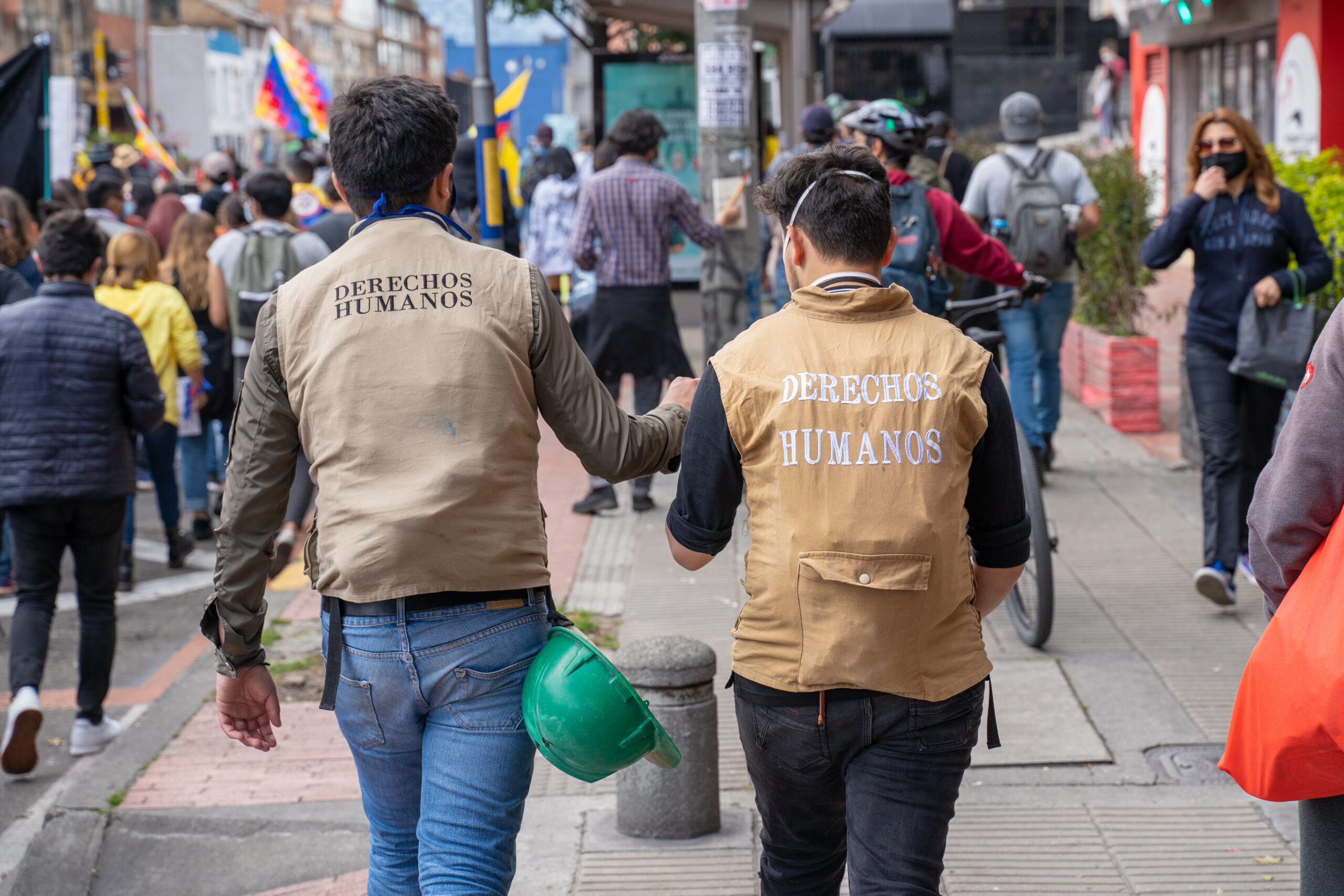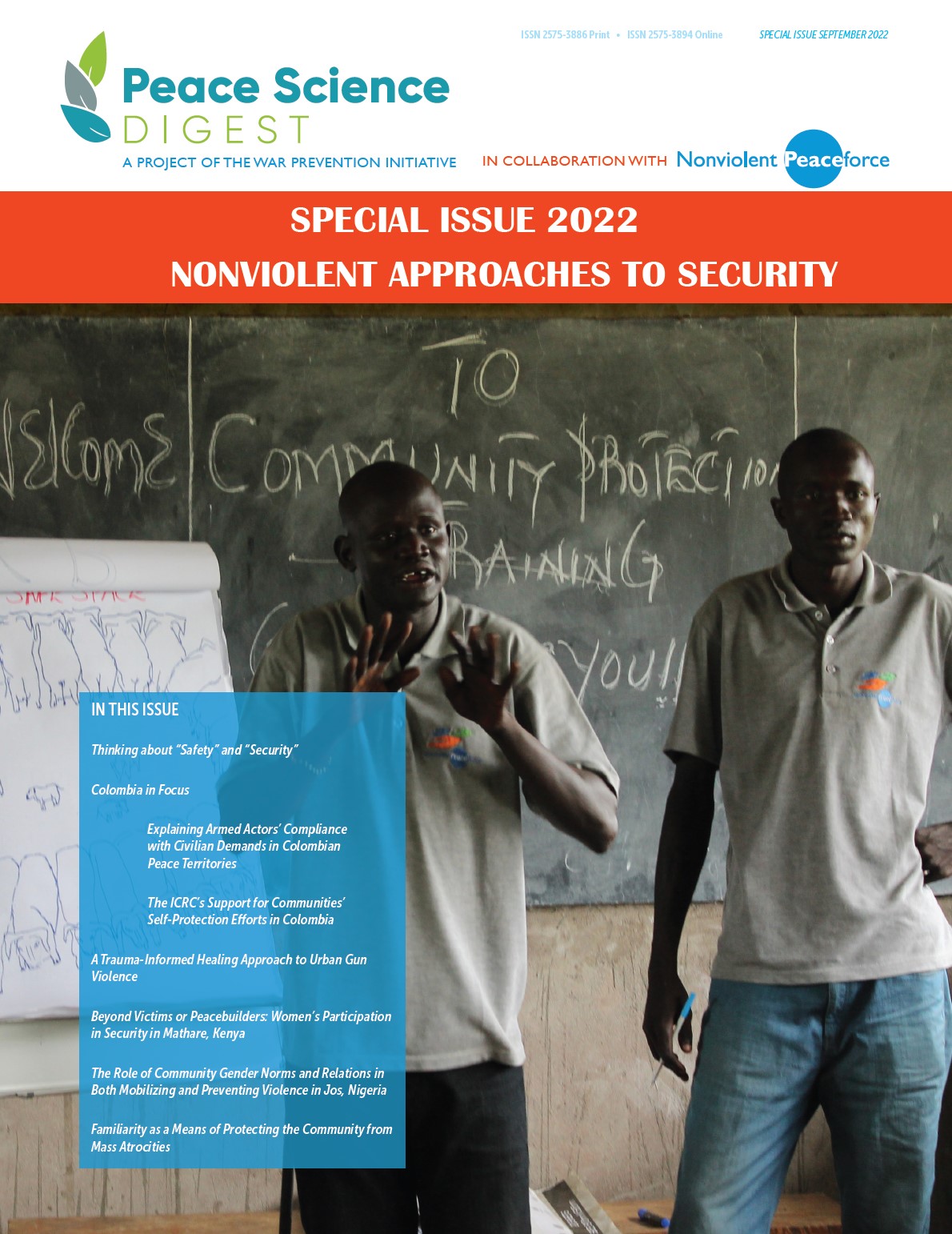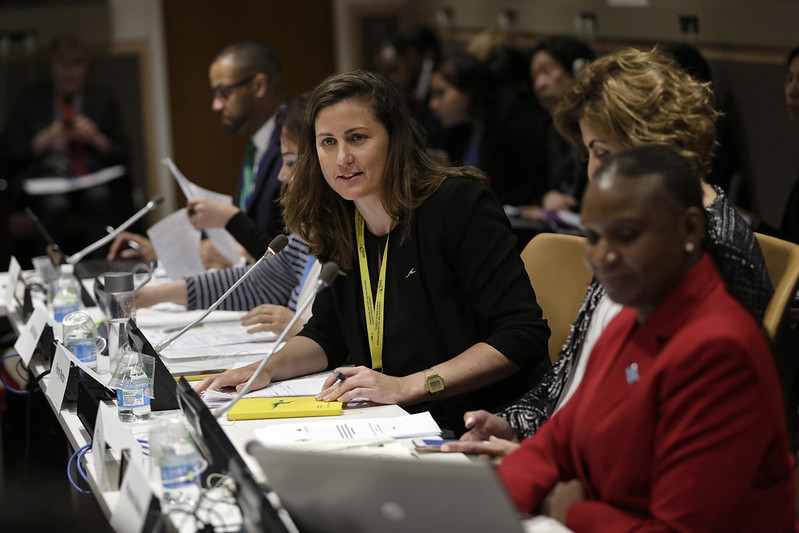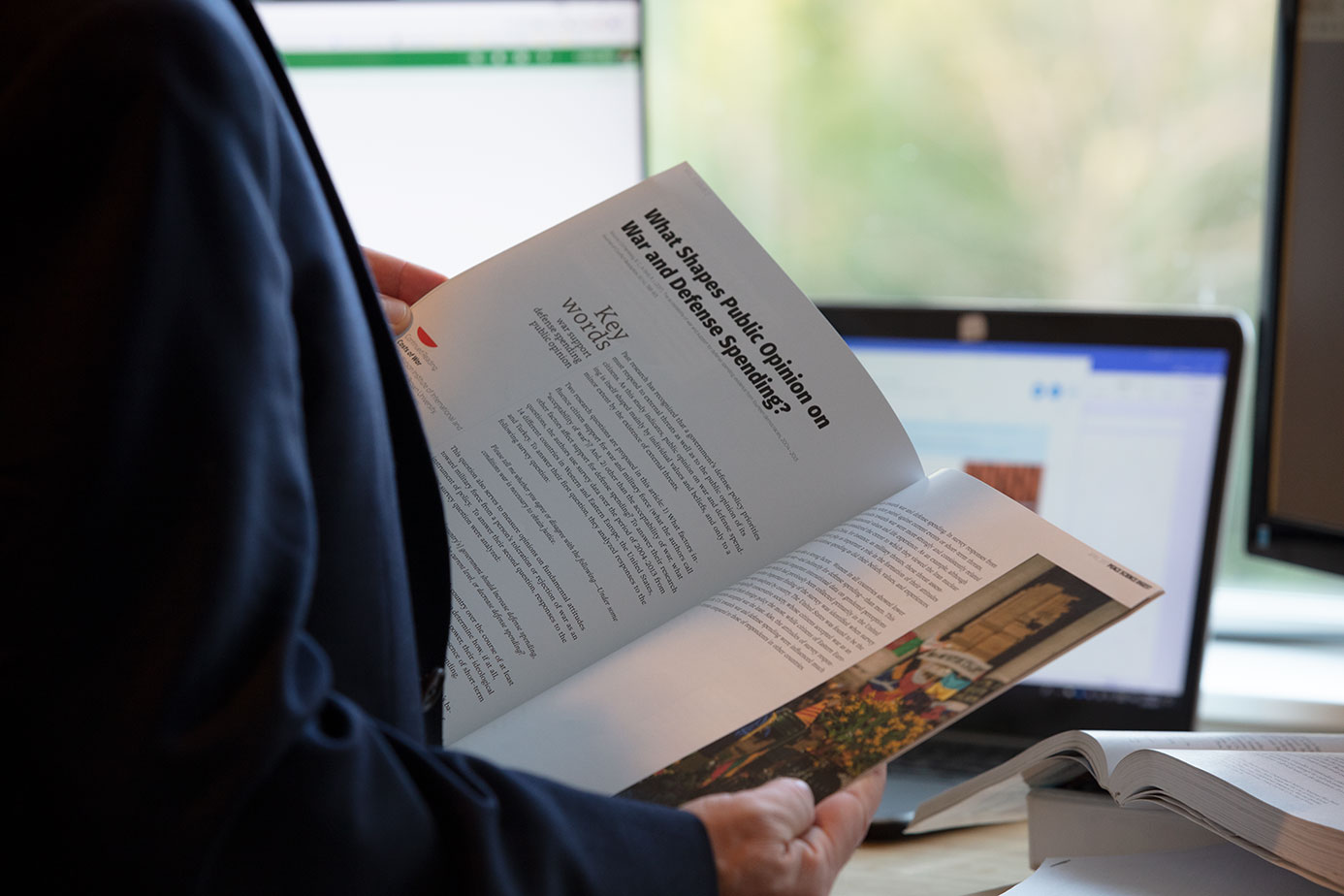
Colombia in Focus: Informing Practice
Contrary to mainstream thinking, armed actors are sensitive to more than just the threat or use of violence against them. When contemplating ways to protect civilians in the context of armed conflict, both local communities and external organizations can leverage multiple nonviolent forms of influence in their interactions with armed actors.

Colombia in Focus: The ICRC’s Support for Communities’ Self-Protection Efforts in Colombia
Communities and the ICRC have complementary protection capacities, with each “open[ing] up opportunities for dialogue with armed groups” in different ways.

Colombia in Focus: Explaining Armed Actors’ Compliance with Civilian Demands in Colombian Peace Territories
Armed actors depend on the cooperation of civilians in order to reach their objectives and therefore cannot achieve everything they wish to through violence alone.

Special Issue: Nonviolent Approaches to Security
Click here to download the PDF version of the Special Issue Dear Readers, We are pleased to present our special issue on nonviolent approaches to security in collaboration with Nonviolent Peaceforce. This issue focuses on nonviolent, civilian-led strategies for protection and violence prevention in various violent contexts, ranging from civil … Read more

The Role of Civil Society in Monitoring Ceasefires
Civil society ceasefire monitoring can address risks to ceasefire implementation

How A Feminist Ethic of Care Can Inform Feminist Foreign Policy
This analysis summarizes and reflects on the following research: Robinson, F. (2021). Feminist foreign policy as ethical foreign policy? A care ethics perspective. Journal of International Political Theory, 17(1), 20-37. Talking Points Key Insight for Informing Practice While a feminist ethic of care opens up space for attentiveness and responsiveness … Read more

Hero-Villain Narratives Prominent in U.S. Call-to-Arms Speeches
Narratives about national security, namely those identifying specific security threats, are highly influential in generating support for military action. In studying American call-to-arms speeches, Alexandra Homolar finds that hero-villain narratives are prominent in U.S. security discourse “from Samuel Adams to Donald Trump,” and are effectively used by political leaders because of their emotional appeal to the public.

The Entanglement of Militarism and Humanitarianism Broadens the Geographies of Violence
Militarism and humanitarianism produce and justify political violence that go beyond established conflict zones or battlefields.

Reimagining Peace as a Rejection of a Militarized Status Quo
Feminist and queer perspectives on peace challenge binary ways of thinking about peace, thereby contributing to a reimagination of what peace means.

How (Invisible) Racism Shapes U.S.-South Korea Military Relations
As a project of transnational militarism, the deployment of the Terminal High Altitude Area Defense System (THAAD) in South Korea demonstrates the invisible working of race and class hierarchies through othering North Korea as the “red enemy” and imposing the unequal burden of hosting the missile defense system on lower-class marginalized rural communities.

The Problem with Inclusion in Peacemaking Theory and Practice
A relational approach to peacemaking is better equipped to address underlying social and political conditions that fuel conflict.


